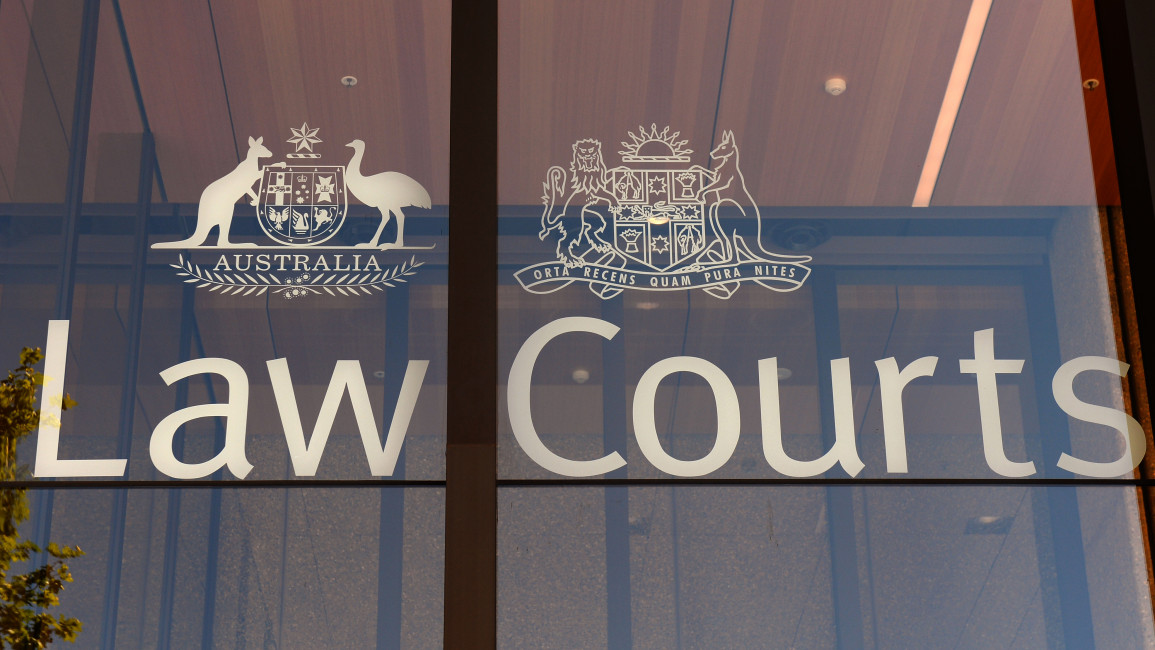'It wasn't easy': Dina Yehia on becoming Australia's first Greek-Egyptian state Supreme Court judge
A veteran defence lawyer of Greek-Egyptian descent has spoken of the struggles she encountered on her way to being appointed a state Supreme Court judge in Australia.
Dina Yehia, who moved to Australia from Egypt when she was seven-years-old and was unable to speak English, was sworn in as Supreme Court judge for the state of New South Wales in July.
"It wasn't easy but I think I'm very privileged to have been given these opportunities," Australian state broadcaster ABC News on Monday quoted Yehia as saying.
"When you come from a different ethnic and cultural background there's a lot of fitting in to do… but I was very fortunate that I always had some supportive mentors from the very beginning."
|
Yehia has long been a defender of the rights of Australia's Indigenous peoples, who suffer systemic racism and are massively overrepresented in Australia's prisons.
Her legal career began in 1989 with an eight-year stint as a defence attorney for the Western Aboriginal Legal Service where she represented thousands of Indigenous clients, according to ABC News.
Decades later, as a District Court judge, she pushed for the involvement of Indigenous elders in the sentence proceedings of some Indigenous offenders.
As Supreme Court Judge for New South Wales - Australia's populous state, which contains the city of Sydney - Yehia holds one of the highest positions in Australia's judiciary.
In Australia, the state Supreme Courts are second only to the High Court in authority.
Yehia's appointment comes amid a push for more diverse Supreme Court hires.
Half of the appointees in the last eight years have been women, according to the Court.



